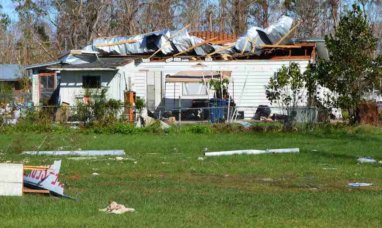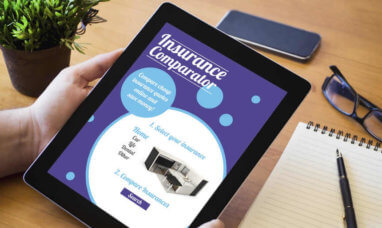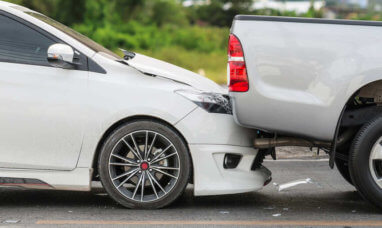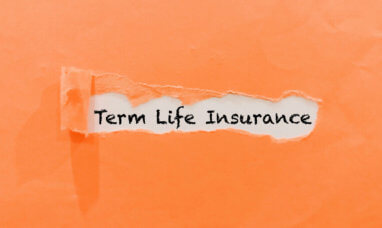Did you know that liability car insurance is the most-searched auto insurance policy in the United States? That is due to the variety of possible coverage per accident and damage.
Liability car insurance helps you cover accident costs that you caused, such as:
-
-
- The costs of bodily injuries to other people
- Vehicle damage
- Property damage
-
It will compensate for medical treatment and other expenses.
Most states require vehicle owners to have standard car insurance to operate a vehicle legally. The other few exceptional states still oblige you to foot the bill for any damages you cause with your car. The best and most economical way to do this is by having car insurance.
What Is Liability Car Insurance?
As the name suggests, liability means responsibility. Liability insurance covers your liability in case you’re responsible for an accident. This insurance covers ensuing bills, legal costs, as well as settlement fees up to the limits of your policy.
Liability insurance is a requirement in most states except for New Hampshire. In Virginia, you do not need liability insurance if you pay $500 to the state. Some residents in Alaska do not pay the mandatory minimum.
This type of insurance comprises two parts: bodily injury and property damage.
Bodily Injury Liability Coverage
Bodily injury cover or BI usually pays out if you cause a car accident that hurts another person. BI can also help cover medical expenses and lost income if one is injured. In the event of death, BI also covers funeral fees.
Property Damage Liability Coverage
Property damage liability coverage, which is sometimes abbreviated PD, covers:
-
-
-
- Any damage your car causes to someone else’s property. For instance, if you hit another vehicle, PD prevents you from handling the repairs out of pocket.
-
-
Property damage liability coverage also incorporates:
-
-
-
- Items inside the other person’s car that got damaged
- Legal fees in case a victim sues you
- Other property damaged in the accident, like phone poles, fences, or structures
-
-
Liability Car Insurance Limits
Liability coverage will pay only up to the amount of coverage policy you have. In case the damages from an accident surpass the policy, then you need to pay the rest.
Every state has a minimum limit for property damage and bodily injury for all drivers. To ensure that you and your loved ones are safe, you need to purchase premium auto insurance above the minimum legal requirement.
Split Liability Limits
Many car policies consist of three essential liability limits. Below is a further explanation of the guidelines:
Bodily Injury Liability Limit Per Person
This is the maximum amount that you will pay for every individual involved in an accident you are responsible for.
Bodily Injury Liability Limit Per Accident
This places a cap on the total payout for injuries for everyone hurt in the accident you cause. The cover is helpful if there are many people injured in an accident.
Property Damage Liability Limit Per Accident
This is the highest amount your insurer would pay to cover damages you cause on someone else’s property. Such instances include property damage to buildings, cars, or any other item of value. This policy only covers damage per accident. So, the maximum payout would not surpass the set limit.
Combined Single Limit Liability
The combined single limit liability is an alternative to the split limit liability. This larger liability limit covers both bodily injury and property damage. The collective single limit auto policy offers extra financial protection though it may cost more than the split limits.
What Doesn’t Liability Auto Insurance Cover?
Liability auto insurance does not cover a couple of things, including:
-
-
- Damage to your car after an accident – collision coverage supports that
- Damage caused by factors including extreme weather – comprehensive coverage covers this
- Personal medical fees from an accident – medical payment coverage caters to this
-
For more protection, consider purchasing full coverage car insurance. This includes a combination of coverage types.
Do You Need Liability Car Insurance?
Yes. Most states require all drivers to have a particular amount of liability insurance. It’s commonly called “minimum coverage.” Each state has set its minimum coverage types and amounts.
All states do require bodily injury protection and property damage liability. You can purchase a larger amount to suit your needs than the minimum state-required. Liability insurance is set up to protect drivers that are not at fault in an accident.
State Minimum Liability Insurance Requirements
Liability auto insurance is a requirement in 49 states plus the District of Columbia. It is only in New Hampshire that drivers are not obliged to have the state minimum liability insurance.
Drivers here need to show their ability to care for damages or injuries in the event of an accident. This table shows the minimum liability policies required in each jurisdiction in the U.S.
How Much Liability Insurance Do You Need?
First and foremost, you need to have the minimum limit liability insurance mandated by the state you reside in. You may opt to purchase a higher limit to safeguard your financial assets.
The minimum limit is acceptable, but it is better to have enough coverage. This protects you from covering any excess payouts that you would cover out of pocket. The general rule is to purchase sufficient liability insurance to secure your net worth.
Liability Auto Insurance If You Don’t Own a Car
Non-owner car insurance is suitable liability coverage for a driver who does not own a car but drives someone else’s. This insurance policy covers injuries or property damage you cause while driving a vehicle belonging to someone else.
This insurance is only auto liability coverage. This means that it is only applicable when the car you intend on driving belongs to a person who is not part of your household.
Frequently Asked Questions
Below are some of the commonly asked questions regarding taxes on auto insurance.
Can I Deduct Auto Insurance from My Taxes?
Yes, you can deduct your insurance deductible from your taxes. The process is complex and varies in each state.
Are Auto Insurance Premiums Tax-Deductible?
Your auto insurance premiums can only be legally deducted from your tax only if the car is for business use. These costs are typically considered as business expenses.
Final Thoughts
Car insurance is essential to you, your loved ones, and other drivers on the road. It is also a legal requirement. When buying car insurance, consider your long-term financial situation since car insurance is a recurring cost.
Featured Image: Megapixl








